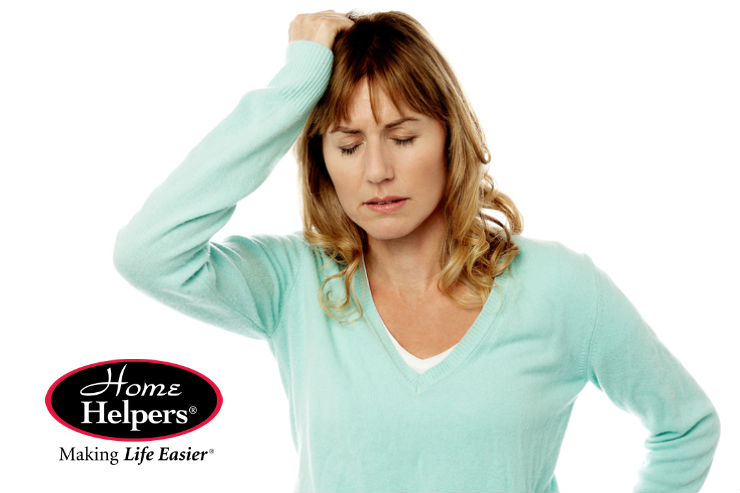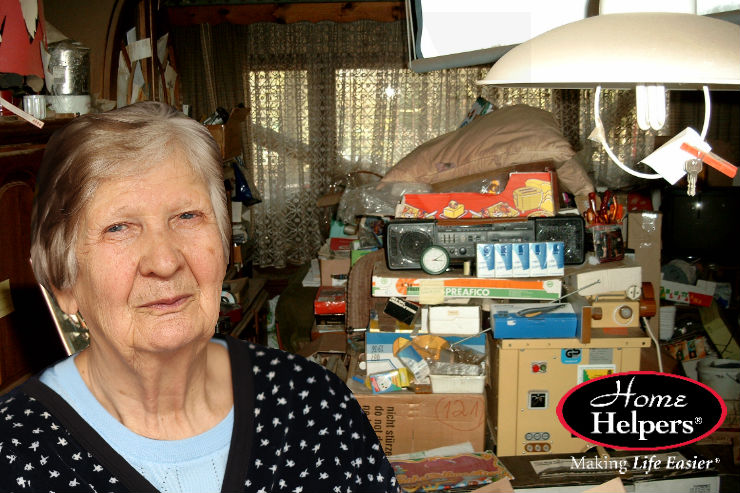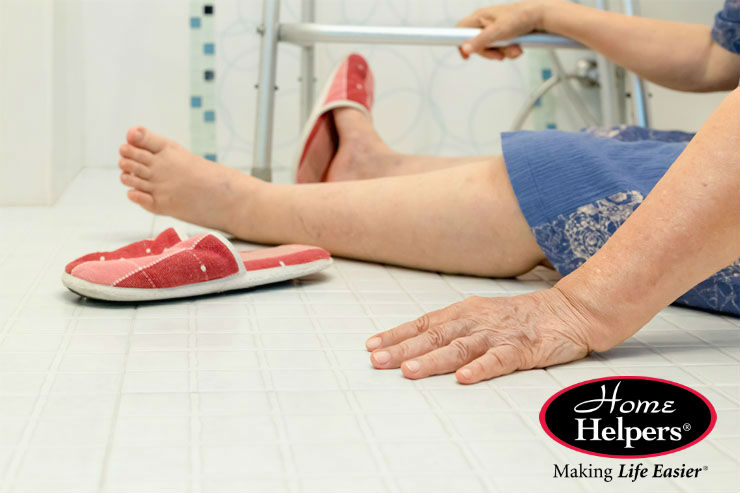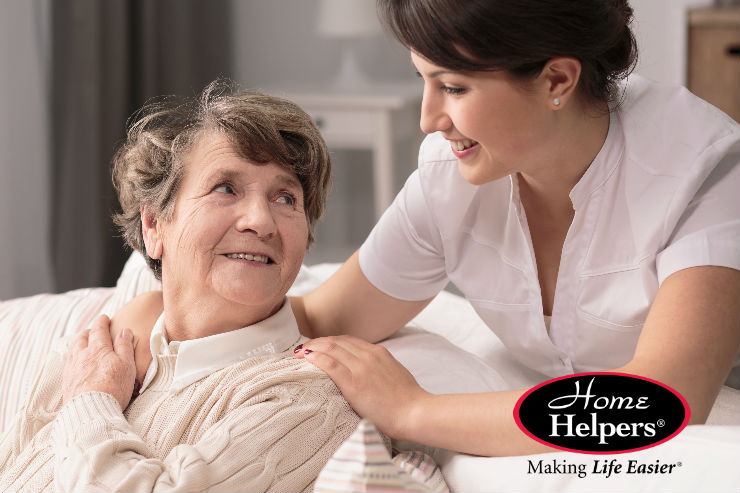How do you handle the stress that comes with being a full-time caregiver for seniors?
Anyone who has ever been in a caregiving role for senior adults knows that it can be very rewarding, yet very stressful. The stress that comes along with that “round-the-clock” availability can be overwhelming for anyone, regardless of how good you are at managing stress. So, how do you handle it and what do you do? Read on for tips on how to successfully spin all those plates and not lose yourself in the midst of it all!
5 Stress-Management Tips for Caregivers:
- Create solid schedules and routines. Just like raising children, it’s important to have consistent routines when caring for your senior loved ones. It helps them know what to expect throughout the day, and it keeps you from being stressed out. When everybody knows what’s coming throughout the day, it keeps your home calm and peaceful.
- Use a calendar or planning book. A lot goes into being a caregiver! You’re not just taking care of meals and basic physical care; you also are responsible for appointments with the doctor, shopping, paying bills on time, etc. Arm yourself with the tools to lessen your stress load so you will always know what’s next. This will keep those last-minute issues from becoming too much to handle.
- Don’t forget to take care of YOU! Most caregivers put themselves last when it comes to managing the day. However, it’s vitally important for you to keep in mind that if you don’t take care of yourself, it will have a trickle-down effect on everything else in your life! Eventually, you won’t be able to care for your senior adult as well. Stress can weaken your immune system and increase your chances of becoming sick yourself. Emotionally, stress also can have serious consequences. Be sure to give yourself good nutrition and plenty of sleep at night. Ask for help if you need it and remember that you aren’t the only one who can get things done! Most friends and family love to extend a helping hand if you will just reach out and let them know how!
- Prepare meals ahead. Planning and preparing meals ahead of time for the freezer not only makes your load easier, but it also ensures that thought goes into your nutrition, so you and your senior adult eat better. Nutrition is ALWAYS the most significant role in staying healthy!
- Be flexible and don’t over-schedule. Make sure that you allow some extra time in the day as you are planning that day’s tasks. This will not only lower your stress, but also give you some much-needed time to enjoy the loved one in your life you are caring for, and just have some quality bonding time. Quality fellowship will allow them to live longer, and allow you to be a better listener and friend!
For even more tips and helpful advice on managing time and stress while being a caregiver, please contact us today or visit our blog!








